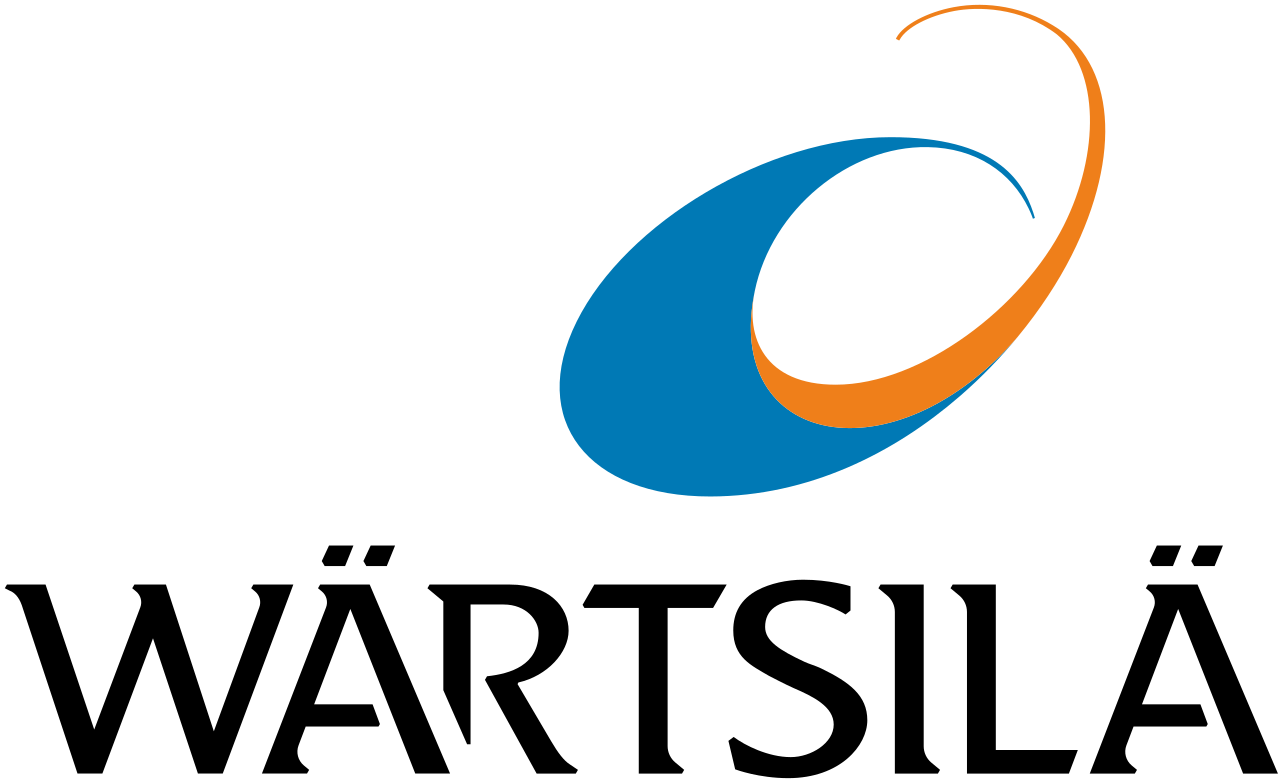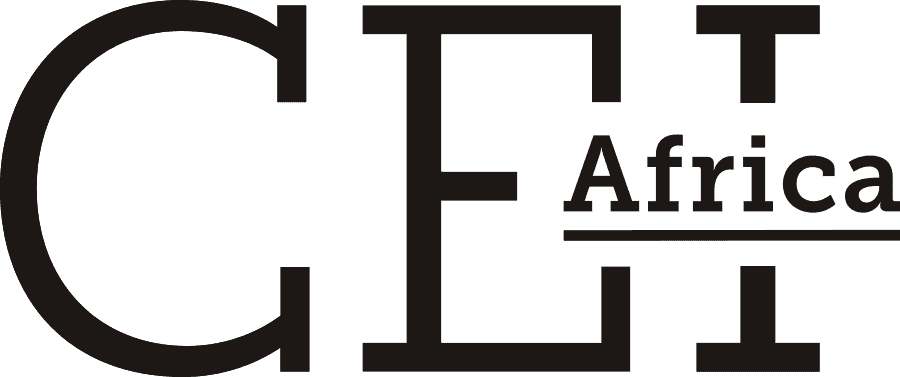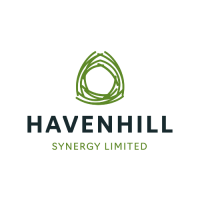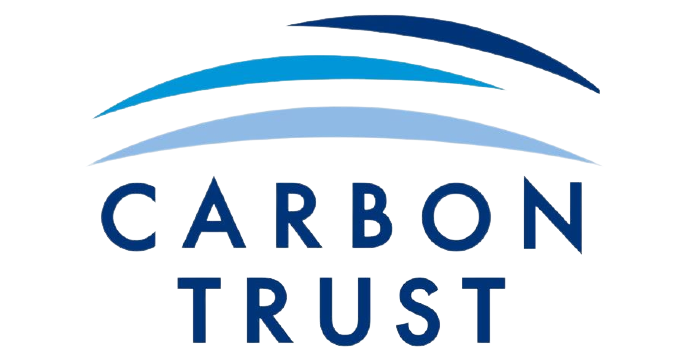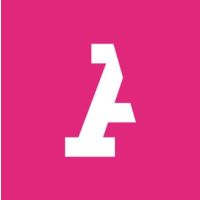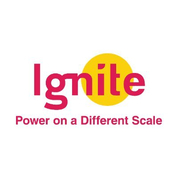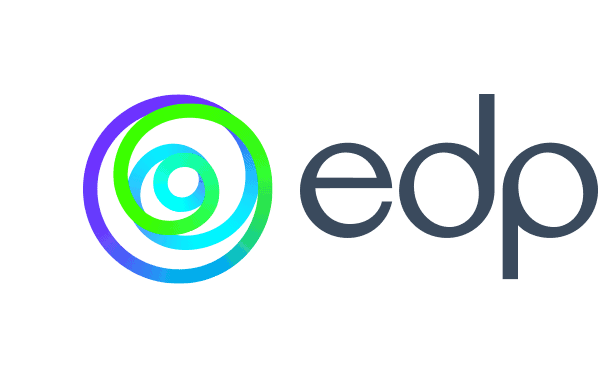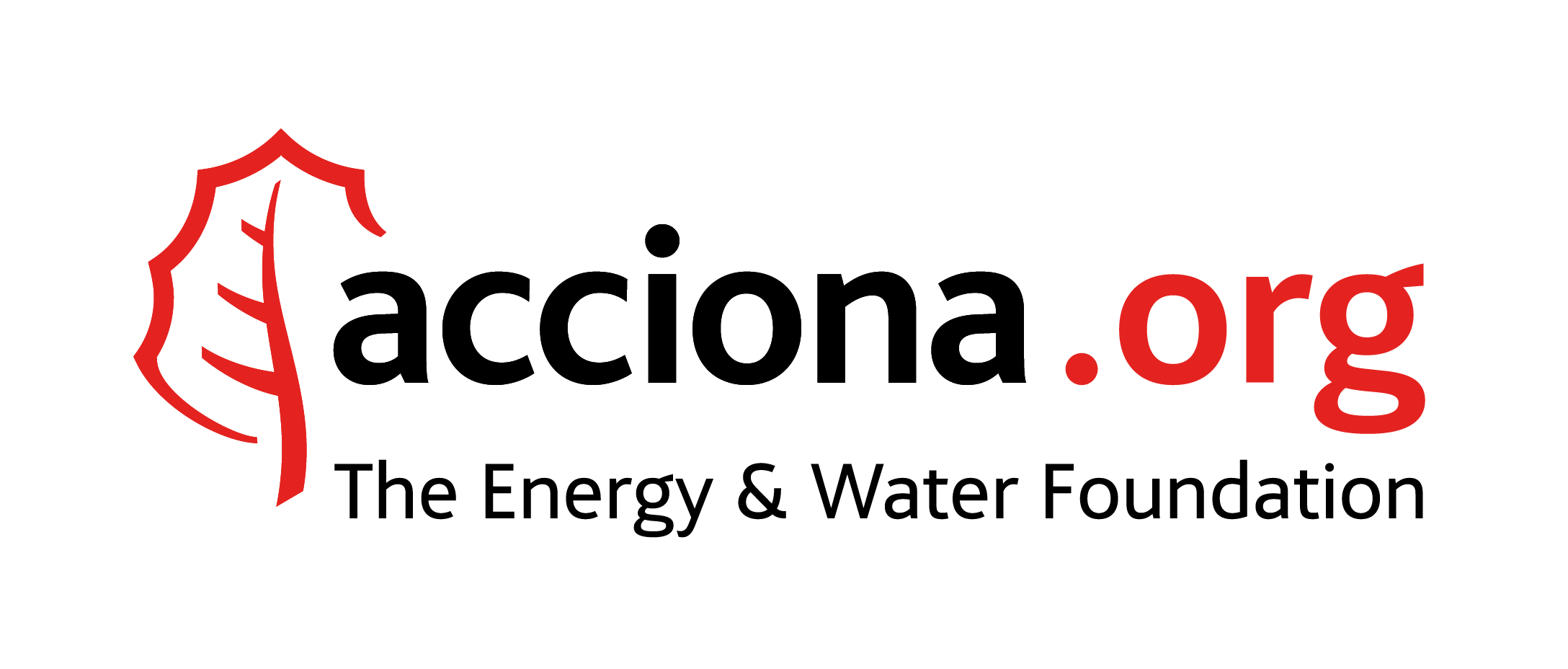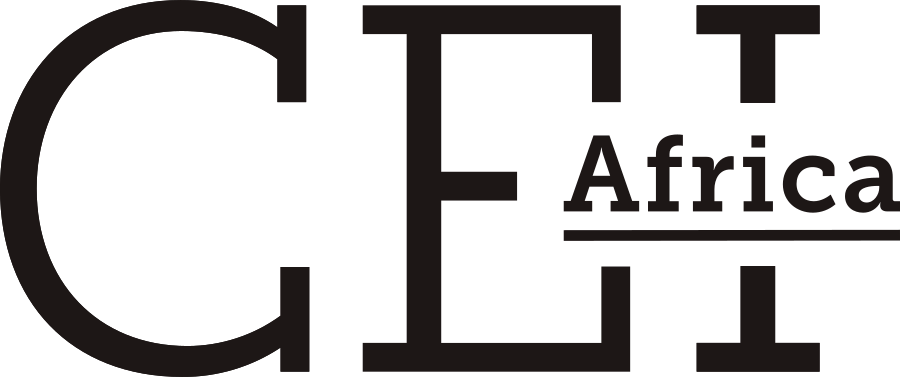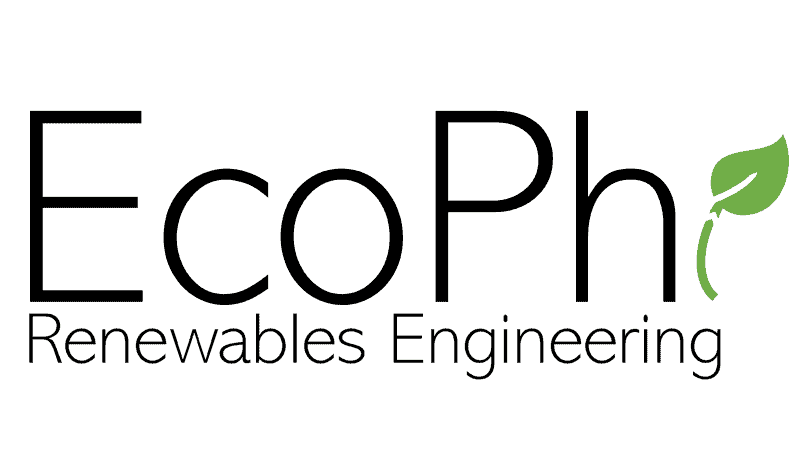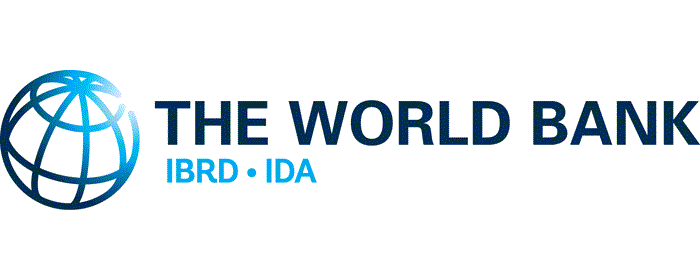- CrossBoundary Access and Mobile Power announce a $10 million partnership to deploy Mobile Power’s MOPO Hubs in Nigeria;
- This is the first transaction in Africa to use an infrastructure financing approach to invest in battery-swapping technology;
- The partnership will provide 300,000 people with access to energy without upfront costs using solar-powered, pay-per-use MOPO Batteries, employing local agents and enabling low-cost connections.
4 October 2023: CrossBoundary Access and Mobile Power are announcing a $10 million partnership to deploy MOPO Hubs in Nigeria, providing energy access to 300,000 people using an innovative battery service. CrossBoundary Access has committed an initial $2.25 million for the transaction, with the option to extend up to $10 million.
Solar energy has revolutionized the generation of electricity. MOPO Batteries – and the supporting hardware and software – are revolutionizing the distribution of electricity. For Mobile Power, this new partnership allows the company to accelerate deployment of its technology in Nigeria. For CrossBoundary Access, MOPO Hubs complement its mini-grid portfolio by allowing faster, lower cost deployment, and extending the service range of CrossBoundary Access’ infrastructure beyond the cost-effective limits of traditional distribution infrastructure that use poles and wires.
CrossBoundary Access will finance the development and construction activities and will own the projects, while Mobile Power will ensure that residents receive clean, reliable electricity for years to come.
MOPO Hubs, powered by solar energy, allow customers to access energy without upfront costs with no consumer debt through secure pay-per-use MOPO batteries distributed by local Mobile Power agents.
An average MOPO Hub creates four full-time jobs for local women and men. MOPO Hubs, designed for rapid, light-touch deployment, are located conveniently within communities without the need for cabling. This low-cost connection strategy, along with the ability to collect usage data, allows CrossBoundary Access to optimise the locations of its future mini-grid sites and connections. Together, CrossBoundary Access and Mobile Power are committed to increasing socio-economic opportunities and expand energy access to new customers.
CrossBoundary Access were advised in the transaction by Foley Hoag LLP. Mobile Power were advised by Knights PLC.
Lynne Wesonga, Associate Director and transaction lead for CrossBoundary Access, says, “This transaction shows the impact of combining innovative financing with innovative technology. CrossBoundary Access will be able to deploy capital more efficiently while delivering electricity to more people at a faster pace. Our agreement with Mobile Power is one more milestone towards closing the gap on the 600 million people in Africa who lack access to electricity.”
Chris Longbottom, CEO, Mobile Power, says, “This deal represents a tipping point for energy infrastructure investment on the continent. Mobile Power and CrossBoundary Access are taking the first step in a revolutionary journey deploying scalable real-life solutions to previously intractable infrastructure problems. This transaction further validates our innovative approach to energy access.”
Gabriel Davies, Managing Director and co-founder of CrossBoundary Access, says, “This is what the grid of the future looks like. Using batteries to distribute electricity is the biggest revolution in the power sector since the invention of the transformer. To be clear – we still believe poles and wires are the best way to get large amounts of power to big energy consumer. But innovations like MOPO’s battery swapping tech allow us to match distribution capex with customer needs.”
Michiel Bakker, CFO, Mobile Power, says, “This partnership is a huge step forward for us in our mission to deploy significant investment capital into affordable, reliable, and sustainable energy solutions to improve economic productivity in communities across Africa. With this partnership we are making a further important step towards connecting millions of households in the coming years.”
###
About CrossBoundary Access: CrossBoundary Access is Africa’s first blended finance platform for mini-grids. CrossBoundary Access uses an innovative blended finance approach to invest in mini-grids and provide 24/7 gridquality power to households and businesses in rural Africa. CrossBoundary Access reached first close in June 2022 with $25 million from ARCH Emerging Markets Partners Limited, Bank of America, and Microsoft Climate Innovation Fund. In September 2023, the platform secured an additional $10 million from AfDB’s Sustainable Energy Fund for Africa (SEFA). CrossBoundary Access continues to raise and deploy a total of $150 million of blended project finance over the next three years to bring clean energy to one million people in Africa. CrossBoundary Access is a member of the CrossBoundary Group. For more information, visit: hwww.crossboundary.com/energy-access/.
About Mobile Power: Mobile Power is a growth company that deploys affordable and practical energy infrastructure in Africa. Their various sized MOPO Batteries provide energy-as-a-service to a wide range of customers across Africa. The larger sized battery, MOPOMax, is used for AC appliances, businesses and emobility whilst the smaller MOPO50 Battery is used for phone charging, lighting and other small appliances. MOPO Batteries have integrated payment technology, only discharging energy upon agent payment through the MOPO App. MOPO Batteries are distributed to customers by MOPO Agents from Mobile Power’s growing network of hubs, which are solarpowered and conveniently located within the community, providing the energy infrastructure required for economies to grow. For more information, visit: www.mopo.co.








